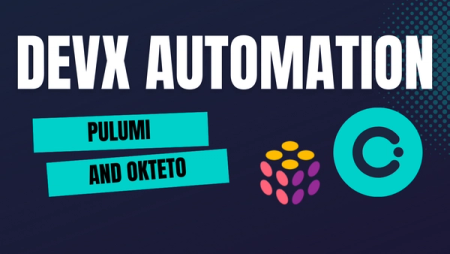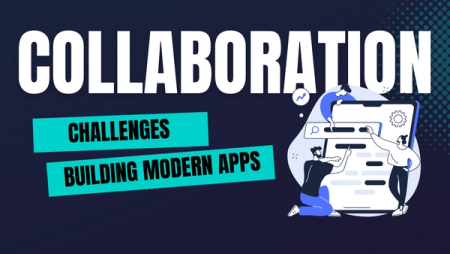Four Myths to Avoid when Adopting Kubernetes
Author bio: Michael Dehoyos is a writer and editor at Academic Brits. As a content marketer, he helps companies and nonprofits improve their marketing strategies and concepts. As a freelance writer, he writes articles about computers, automation, marketing strategies, cybersecurity, and blockchain.
While Kubernetes is no longer new in technology, there are still many misconceptions to look out for when adopting it.
In this article, we'll delve deeper into the world of Kubernetes and unmask 4 of the most common myths around this technology. Check them out, or these myths might come back to bite you in the future. Let's jump right in!
It's Your Job To Manage Your Own Kubernetes Environment
Back in the days, you had to deploy and manage your Kubernetes environments, even when you were getting to know the technology. While Kubernetes may have gotten its start as a Google-developed open-source project, that's no longer the case. Nowadays, Kubernetes is supported by a massive vendor ecosystem.
Public cloud providers have come forward to offer fully-managed Kubernetes services for teams of all shapes and sizes, making your Kubernetes journey a lot simpler. Such providers include:
- Amazon Elastic Kubernetes Service (EKS)
- Google Kubernetes Engine (GKE)
- Azure Kubernetes Service (EKS)
- Digital Ocean
- Civo Cloud
Kubernetes Is 100% Secure
The truth is: Nothing is 100% secure – not even Kubernetes.
While people may tout the effectiveness of technologies like Kubernetes, it's still far from being secure by default.
Kubernetes offers many features to protect your applications, but it's imperative to remember that Kubernetes and containers are not security features. When adopting Kubernetes, you need to invest in security policies, analysis, and monitoring to protect your data. Don't just assume that Kubernetes has got you covered because it doesn't.
You don't need an IT team if you adopt Kubernetes
Now, you might hear about this other myth: "With containers and Kubernetes abstracting the infrastructure, why would I even need an IT team?" Adopting Kubernetes indeed helps you abstract away the infrastructure requirements of your applications. But this is just the tip of the iceberg.
Modern IT teams are now decentralized, empowering employees by giving them self-service access to company infrastructure. Adopting Kubernetes is an excellent reason for your IT and Development teams to partner on things like:
- Decide which new technologies to invest in for the long run.
- Define and Drive your security policies, practices, and procedures.
- Create a central development platform for all the teams to benefit from your technology choices.
Developers are not affected when adopting Kubernetes
Lastly, the most common myth about Kubernetes: the assumption that Kubernetes is a DevOps tool and that developers don't need exposure to it in their development cycle. I mean, containers abstract everything away, right? Nothing could be further from the truth.
Think about all the components applications require while running in production: logging, certificate management, monitoring, credentials, load balancers, etc. They are all as much a part of an application as the code itself. If developers don't have access to these during development, they develop a different application than what's running in production.
Platforms like Okteto help you give your team realistic and consistent development environments running in Kubernetes. Having realistic development environments is the best way to ensure that your developers are indeed building the same application that it's meant to run in production, reducing costly production-only bugs and service outages.
Conclusion
Kubernetes has massive adoption because it solves real problems for developers, operations, and IT. But adopting it is not just a matter of redeploying your applications. We hope that the four common myths discussed today in this article help you successfully navigate your adoption of Kubernetes.


 Arsh Sharma
Arsh Sharma